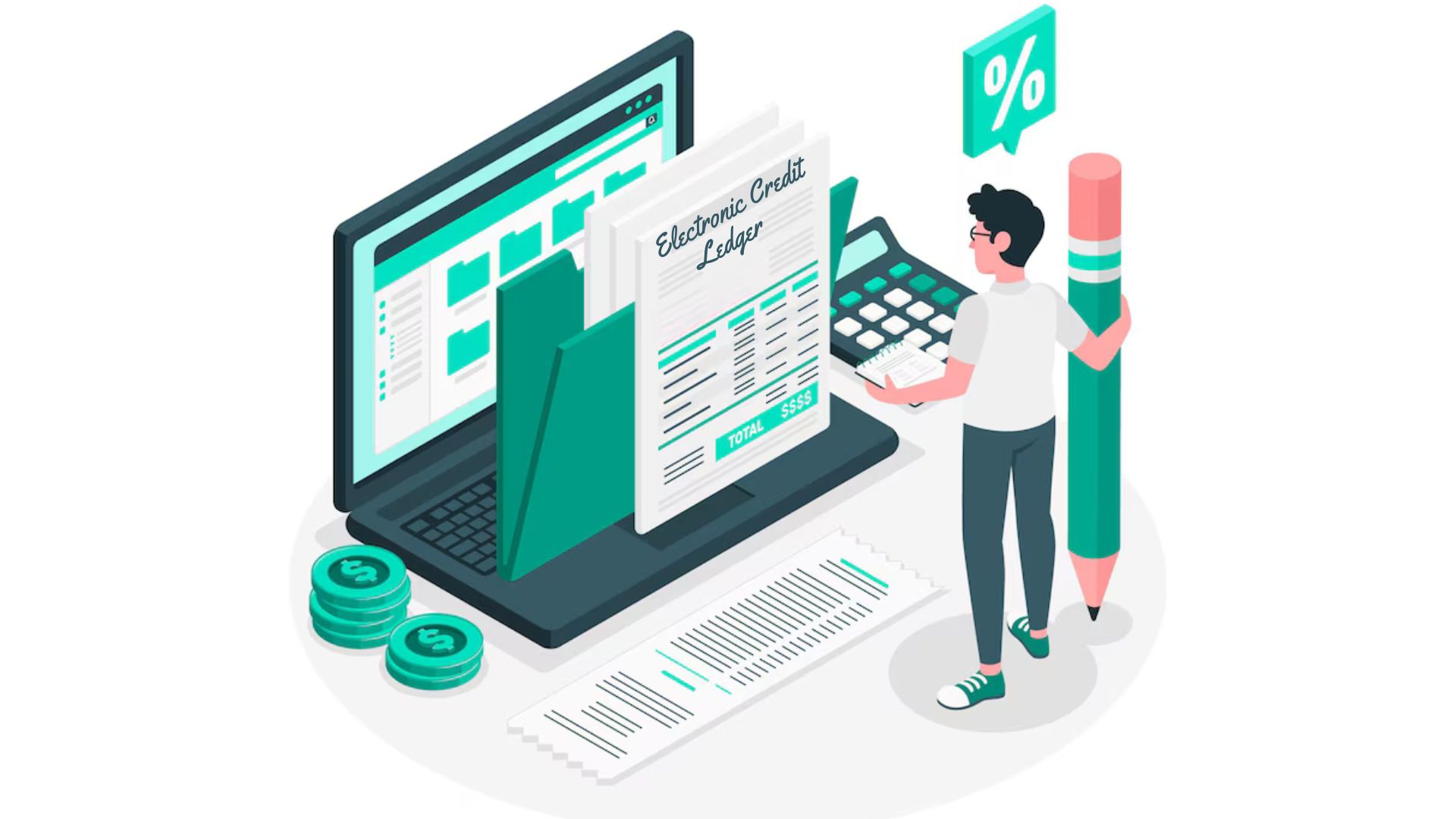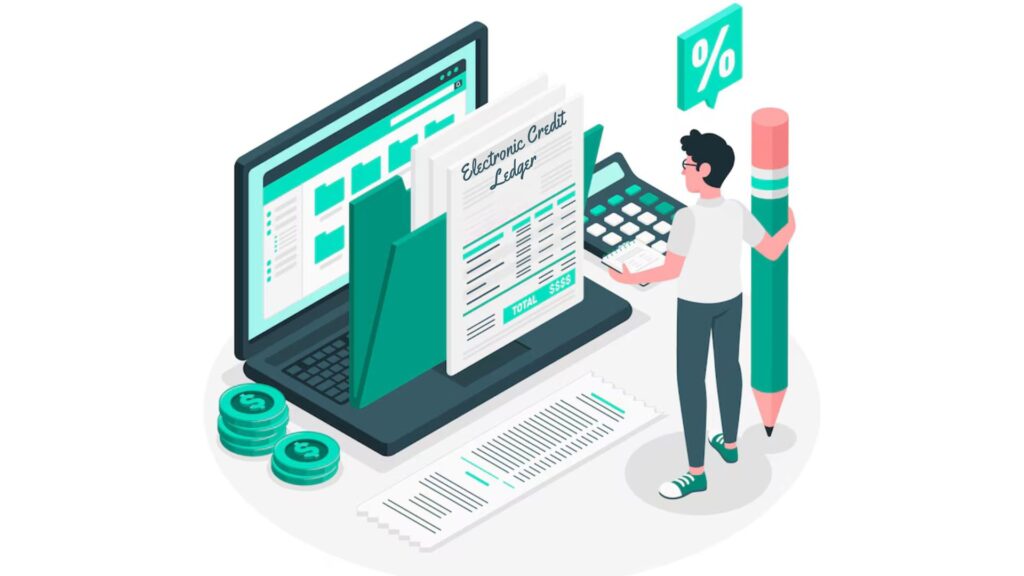
22 May Revenue Department Cannot Block Electronic Credit Ledger by Making Negative Balance

Introduction
In a significant ruling, the Hon’ble Telangana High Court has emphasized the correct legal procedure for handling cases of wrongful or fraudulent input tax credit (ITC) availing. In the case of Laxmi Fine Chem v. Assistant Commissioner, the court addressed the issue of whether the Revenue Department can block the electronic credit ledger by creating a negative balance. This ruling clarifies the proper application of the Central Goods and Services Tax (CGST) Rules and underscores the importance of following due process in tax recovery proceedings.
Facts of the Case
Background
M/s. Laxmi Fine Chem (“the Petitioner”) was informed via an order dated February 06, 2024 (“Impugned Order”) that their electronic credit ledger had been blocked by creating a negative credit amount. This action by the Revenue Department led to significant operational challenges for the Petitioner.
Grounds for Petition
Aggrieved by the Impugned Order, the Petitioner filed a writ petition before the Hon’ble High Court on two primary grounds:
- Lack of Show Cause Notice: The action of blocking the ITC was undertaken without issuing any show cause notice to the Petitioner, violating principles of natural justice.
- Contravention of Rule 86(A): The ITC was blocked in contravention to the provisions of Rule 86(A) of the CGST Rules. The rule permits blocking the availing of ITC only to the extent of the credit available in the electronic credit ledger and does not allow for creating a negative balance.
Issue
The core issue before the court was whether the Revenue Department can block the electronic credit ledger by making a negative balance.
Held
Court’s Observations
- Impermissibility of Negative Balance: The court noted that the Impugned Order resulted in a negative credit in the Petitioner’s electronic credit ledger, which is not permissible under the CGST Rules. The rules allow blocking the availing of ITC up to the amount available in the ledger, not beyond it.
- Reference to Gujarat High Court Judgement: The Telangana High Court relied on the Gujarat High Court's judgement in the case of Samay Alloys India Pvt. Ltd. This precedent established that in cases of fraudulent ITC availing, the appropriate course of action is to initiate recovery proceedings under Sections 73 or 74 of the CGST Act. Rule 86A does not provide for debarring the use of the electronic credit ledger by creating a negative balance.
- Rule 86A's Limitations: Rule 86A empowers the proper officer to disallow debits from the electronic credit ledger only up to the amount fraudulently availed. If no ITC is available, the rule does not allow for a negative balance to be inserted.
Final Decision
The court held that the action of the Revenue Department in creating a negative credit balance was contrary to Rule 86(A) of the CGST Rules. Consequently, the court set aside the Impugned Order, providing relief to the Petitioner.


No Comments